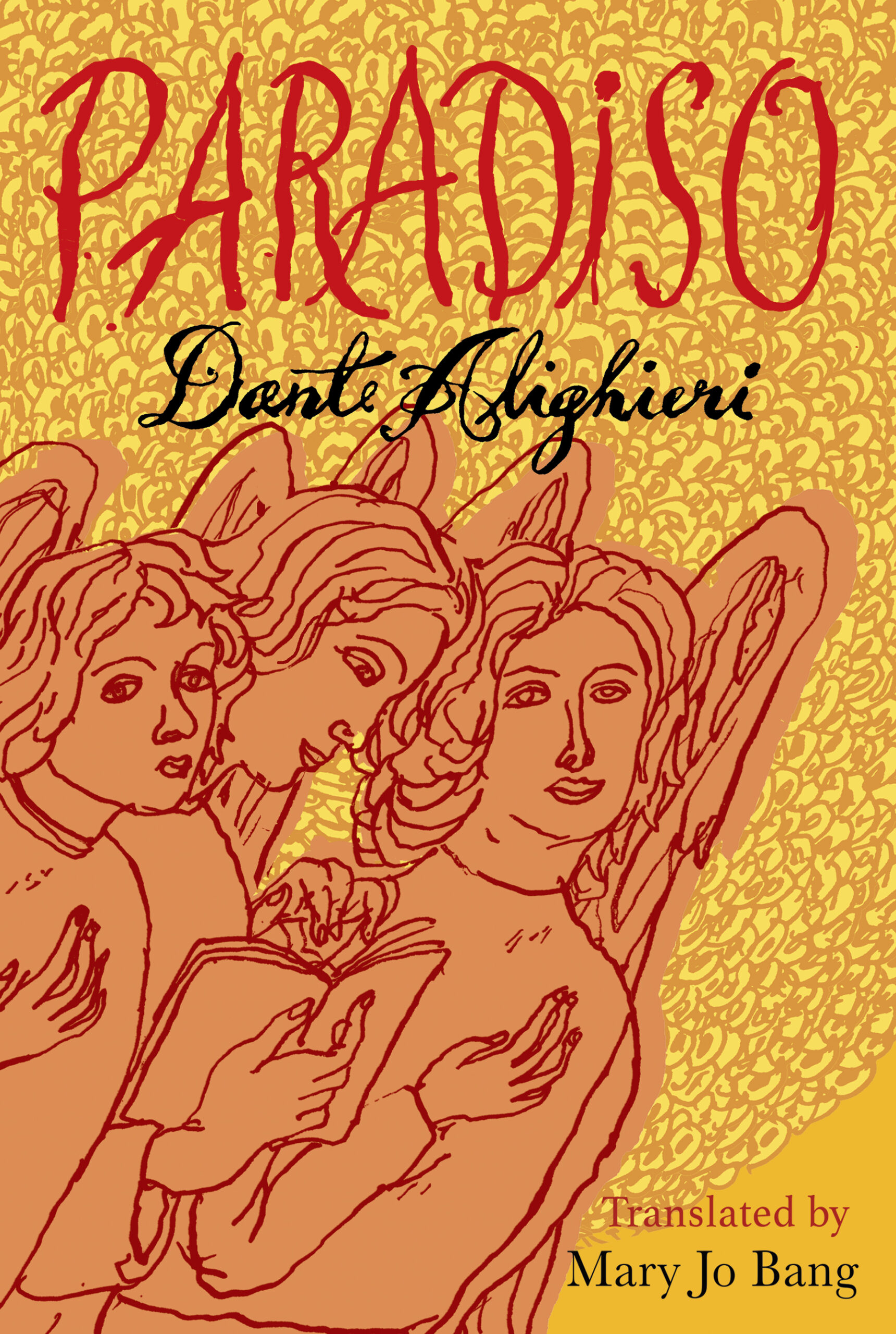This rough bark’s gray, lit up, separated
from the dark by some distant lamp.
A single wren collapses into its own
admonishment of grays. A still life, this
study of the loss of color that accompanies
the diminishment of light. The visible,
fading, makes us long for color enough
to make it more than memory. It is
winter, yet two women embraced by this
tree an hour before, the light going,
defining desire. Definition’s no stand-in
for description. The women have left
one another with the memory of the warmth
of another body. Familiar.
No collapse of music could get close enough
to touch this. No wren could sing two notes
that could hold one another the way
those women embraced, fog an absolution,
the easy collapse of flesh against flesh
a slow psalm a solemn choir sings
while others swallow the host. Confession
is just the beginning. Desire is
no one note wonder but an opera
with no single libretto, signification
gone berserk, a throat’s dark hollow
resonant with the depths needed to bring
one note to the kind of life those women
lived so fully and so well beside
that bark so gray it could have been a column
of ash, almost the body of a woman.
George Looney‘s books include Monks Beginning to Waltz, A Short Bestiary of Love and Madness, Open Between Us, The Precarious Rhetoric of Angels, Attendant Ghosts, Animals Housed in the Pleasure of Flesh, and the 2008 novella Hymn of Ash.
[Click here to purchase your copy of Issue 07]




